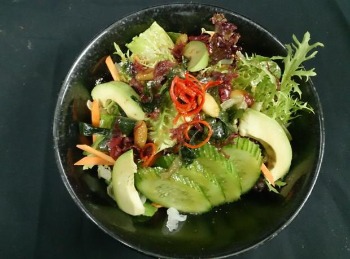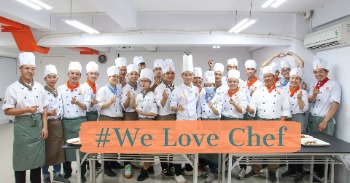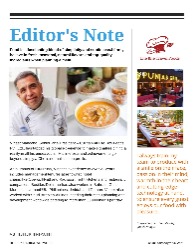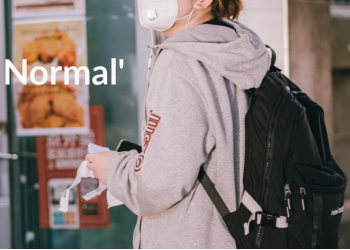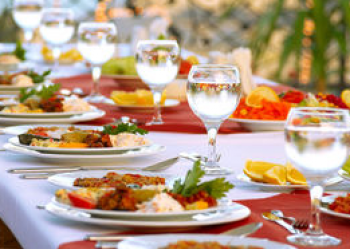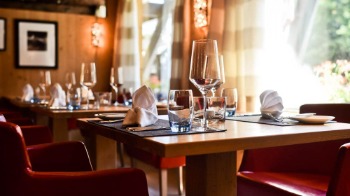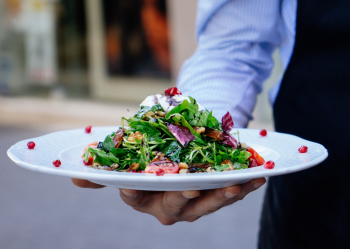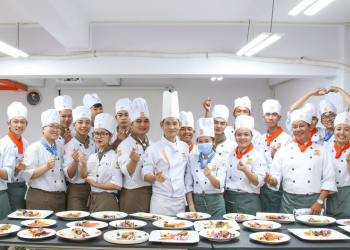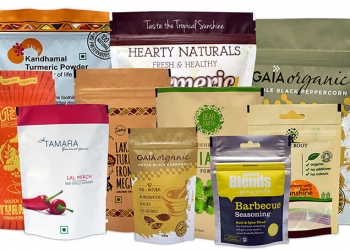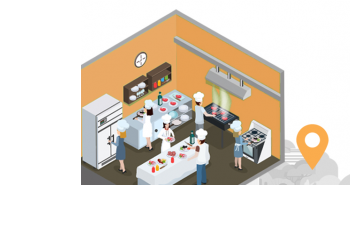New Normal - I believe the post covid reality is going to change that
- Category : Horeca Community
- Date : 09-06-2020
- By : Abhi Tripathi
Legal regulations are going to force HoReCa operators to have less customers per shift and higher costs with sanitary procedures. This is going to make the HoReCa industry even less profitable. To survived, HoReCa operators will need to do two things right away: implement a selling strategy and do partnerships. With less guests on premise, operators need to maximize the value per table. Partnerships are going to be done with the goal of reducing costs and gaining priceless time.
In sum, partnerships are becoming now part of business reality in the HoReCa. This should be highly welcome and it will benefit the HoReCa industry as a whole. Before the crisis, to discuss about partnership with neighbors or suppliers, could have been considered a signed of business weakness. Nowadays, however, when almost every stakeholder is struggling there are amazing opportunities for partnerships. In those circumstances partnership is the most business rational way for everyone to play. Even if those partnerships have limited time span. Speak with your staff, neighboring restaurants, suppliers and landlord.
Let us know your thoughts about this topic
Your email address will not be published. Required fields are marked *
0 Comments
We have no comments yet... Take the initiative and post your views, we love to hear from you
Latest Blogs
Asian salad with soy ginger vinaigrette
13-08-2020
Can HoReCa be Digitalized post COVID-19?
04-06-2020
What makes a successful procurement manager?
12-05-2020
Why a master chef is master chef?
28-04-2020





